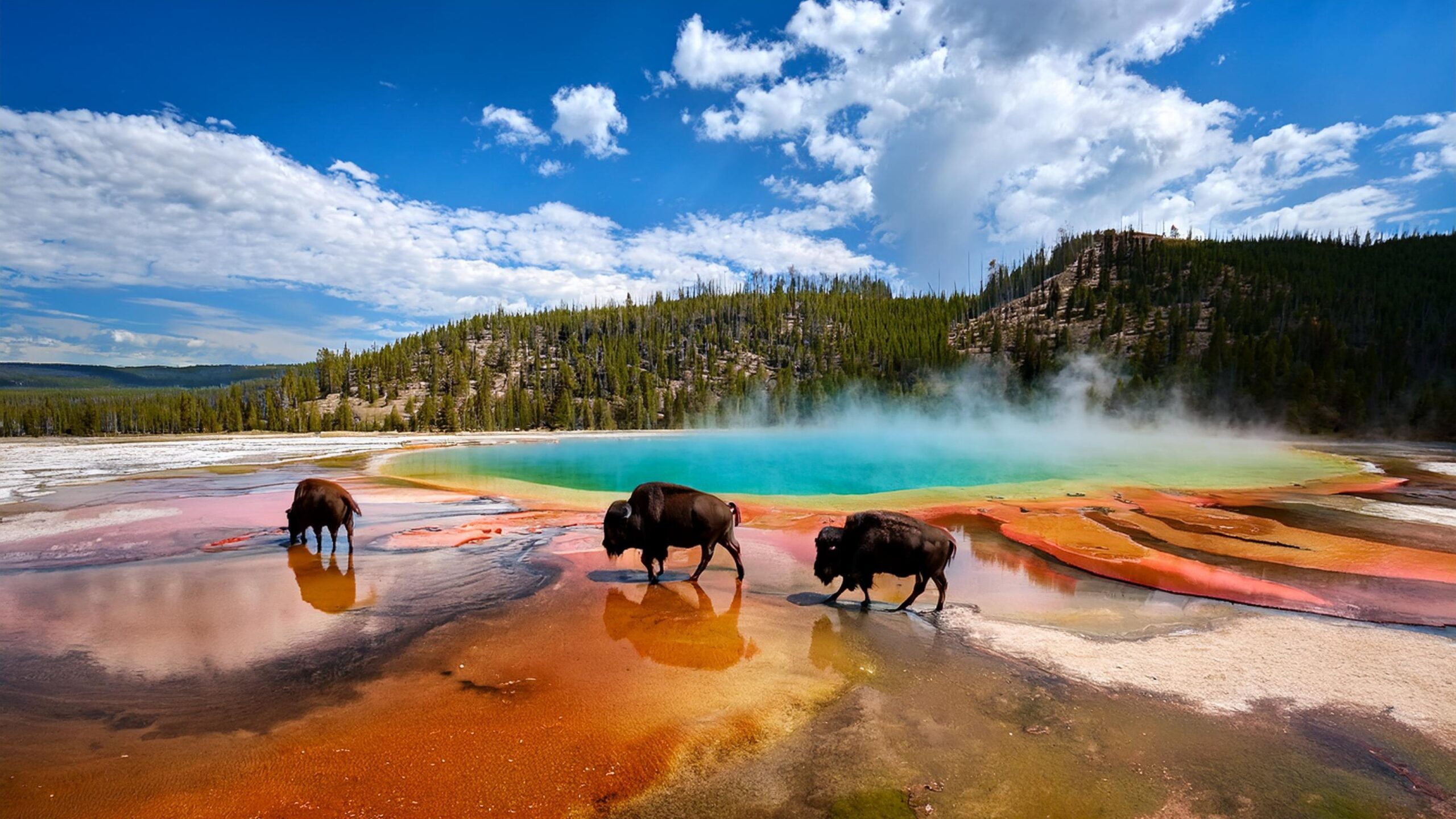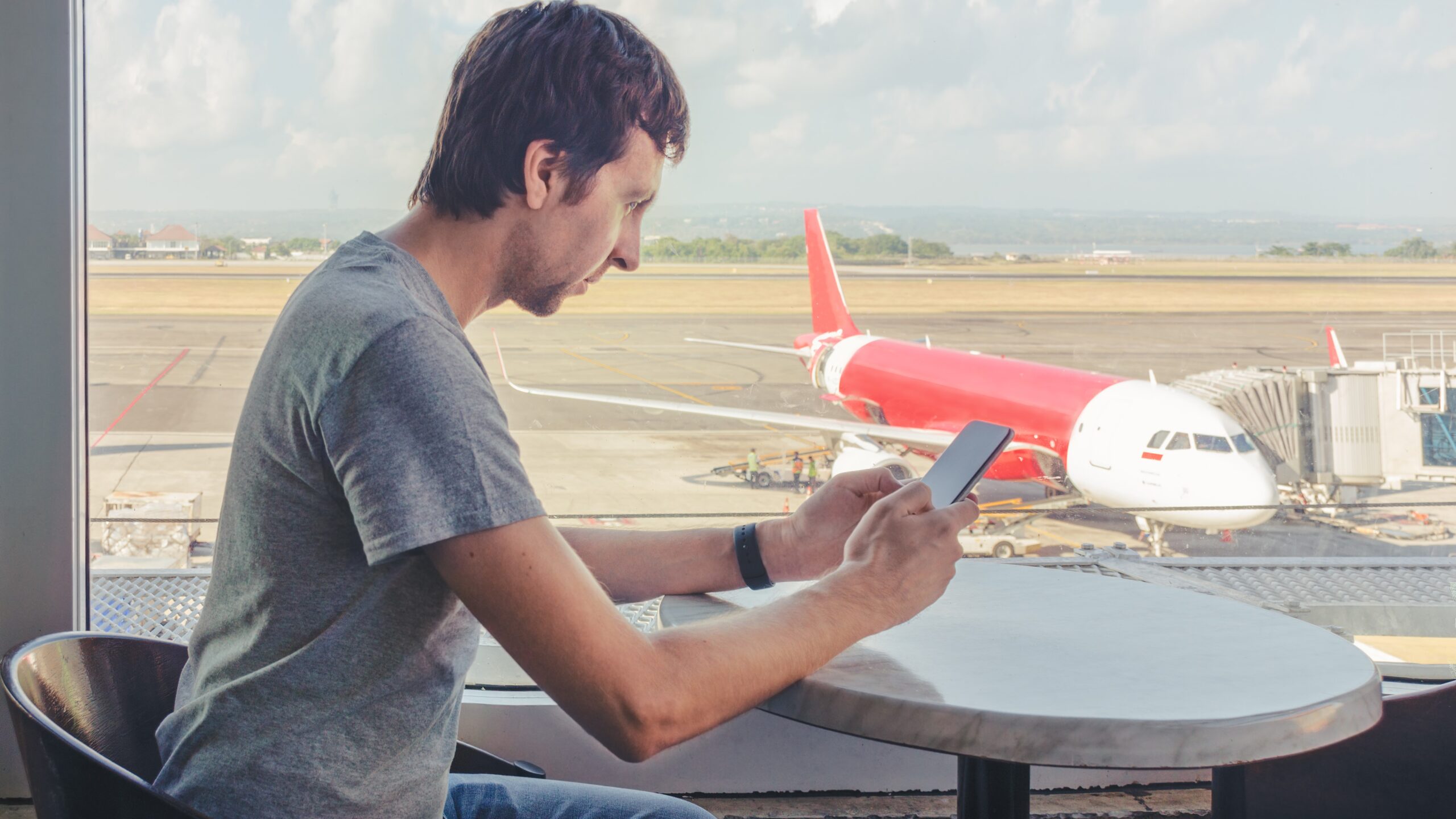So, you’ve been bitten by the travel bug and now comes the big question—should you travel on a shoestring budget or go all-in on a lavish escape? It’s the classic tug-of-war: Budget Travel vs Luxury Travel. Each has its charm and challenges, and honestly, there’s no one-size-fits-all. Let’s break down what each style brings to the table and help you find your perfect fit.
What is Budget Travel
Budget travel isn’t just a way to cut costs—it’s a whole philosophy of seeing the world. It’s built around the idea that experiences matter more than luxury, and that memorable adventures don’t require a platinum credit card. Budget travelers often plan ahead to find the best prices on flights, accommodation, and activities, but they also embrace spontaneity. They’re usually the ones you’ll find exploring side streets instead of tourist traps, trying local food stalls, and chatting with locals rather than sticking to guidebooks. The goal is to stretch your budget as far as possible without sacrificing the joy of travel.
Common Traits of Budget Travelers
Budget travelers tend to share a set of defining characteristics that shape their travel style. These aren’t just people who want to save money—they’re intentional about how they spend and what they value. They love the thrill of scoring a great deal on a flight or accommodation, and they often spend hours researching hacks and tips to travel smarter. For them, budgeting is a game, and every penny saved means another opportunity—whether that’s a side trip, an extra week on the road, or a special activity.
Here are some typical traits you’ll notice among budget travelers:
- Love finding the best deals – whether it’s flights, food, or attractions.
- Prioritize local experiences – they prefer authenticity over polish.
- Willing to compromise on comfort for adventure – a night on a train or in a hostel is worth the story.
- Often travel longer due to lower costs – their travel style allows them to extend their trips significantly.
Examples of Budget Travel Experiences
Budget travel opens the door to a wide variety of unique and sometimes unconventional experiences. These moments might not come with room service or white-glove treatment, but they make for unforgettable stories and personal growth. One common budget-friendly option is Couchsurfing, where travelers stay with hosts for free, often building genuine friendships and learning about local life. In countries like Vietnam, enjoying a delicious 50-cent bánh mì not only saves money but also connects you with the culinary culture in an authentic way.
Transportation and accommodation are areas where budget travelers often get creative. Overnight bus rides in places like South America allow for both mobility and a place to sleep—two birds with one stone. Another popular option is volunteering in exchange for accommodation, where travelers help out in hostels, farms, or schools and stay for free. These examples reflect the essence of budget travel: make smart trade-offs, stay flexible, and live like a local wherever possible.
What is Luxury Travel
Luxury travel is the art of exploring the world with maximum comfort, personalized service, and an emphasis on exclusivity. It’s not just about spending more—it’s about curating an experience that removes all stress and enhances every detail. From the moment a luxury traveler books their trip, every element is designed to provide ease, relaxation, and indulgence. Think airport lounges, private transfers, suites with ocean views, and meals crafted by celebrity chefs. The motto? You dream it, and it’s taken care of.
The essence of luxury travel lies in being able to enjoy a destination without the usual hassles of logistics, discomfort, or uncertainty. Whether it’s through private guides who take you directly to the best spots or resorts that know your preferences before you even arrive, luxury travel ensures that everything is smooth and flawless. While it’s certainly more expensive, many luxury travelers value time and quality over cost—choosing curated experiences that match their lifestyle and expectations.
Types of Luxury Travelers
Not all luxury travelers are the same. While they share a taste for the finer things in life, their reasons and preferences vary greatly. Some travel for business and simply want the most efficient and comfortable way to move between cities. Others are newlyweds looking to celebrate their love in the most romantic settings imaginable. Then there are those who travel for health and relaxation, seeking spa retreats and wellness experiences. Finally, we have the thrill-seekers who crave high-end adventure without compromising comfort.
Here are the most common types of luxury travelers:
- Business-class jet-setters – efficient, sleek, and often mixing work with leisure.
- Honeymooners or romantic travelers – looking for once-in-a-lifetime experiences with elegance.
- Wellness and spa lovers – prioritize self-care, detox retreats, and inner peace.
- VIP adventurers (safari, private yacht, etc.) – crave thrills but in first-class fashion.
Popular Luxury Travel Activities
Luxury travelers have access to experiences that most others only dream of. Their trips often include stays in 5-star resorts, complete with private beaches, infinity pools, and butler service. Dining is a major highlight, with visits to Michelin-starred restaurants where each dish is a work of art. Every aspect of their journey is carefully selected, from the thread count of the sheets to the views from their suite.
Some of the most sought-after activities in luxury travel include:
- Staying at 5-star resorts – complete with spa services, private villas, and world-class amenities.
- Dining at Michelin-starred restaurants – where food is an experience in itself.
- Hiring private guides – offering deep, personalized insight into the local culture.
- Personalized concierge services – everything from last-minute tickets to curated day trips arranged with ease.
Pros of Budget Travel
Save Money and Travel Longer
One of the biggest advantages of budget travel is the ability to stretch your travel funds. When you opt for budget-friendly options like hostels, street food, and public transportation, your travel budget can last much longer. For example, a thousand dollars might cover you for two weeks in Bali, where accommodation can be as low as $10 a night, compared to just three days in Paris, where hotel rates and dining out are far more expensive. The difference in costs between different countries and destinations means you can travel longer and explore more by sticking to a tighter budget.
Furthermore, budget travel allows you to allocate funds to different experiences. You could take multiple excursions or explore more remote areas that you might otherwise have missed. With fewer financial concerns, you’re likely to enjoy the freedom to go off the beaten path and immerse yourself more deeply in the local culture without worrying about the price tag. Ultimately, the more you save, the more you can experience.
Get Immersed in Local Culture
When you opt for budget travel, you often end up having a more authentic experience. Budget travelers tend to stay in local accommodations like guesthouses or hostels, eat at small family-run restaurants, and use public transportation. These decisions help you to interact more with the local community. Whether you’re chatting with a street vendor over a bowl of noodles or sitting next to a local on a bus, these simple moments create genuine connections that aren’t typically found in the world of luxury travel.
Being surrounded by locals helps you to see the world through their eyes. Instead of isolating yourself in expensive resorts, you get a chance to observe and learn about the customs, daily life, and traditions of the places you visit. Budget travel encourages a deeper understanding of culture. Shared meals, walking through local markets, and even haggling for souvenirs bring you closer to the heart of the places you visit.
Cons of Budget Travel
Less Comfort and Convenience
One of the major drawbacks of budget travel is the lack of comfort and convenience. When you opt for budget accommodations and transportation, the focus is usually on cost rather than luxury. For instance, budget hotels or hostels often have bunk beds instead of private rooms, which can lead to a lack of privacy and rest. The rooms might be basic, sometimes with shared bathrooms and limited amenities. If you’re someone who values a comfortable, quiet space to relax after a long day of sightseeing, this might not be the ideal option.
Even though many budget accommodations are clean and functional, the standard is often far below the luxury options available. Non-air-conditioned rooms, particularly in hot climates, can also be an uncomfortable experience, especially during the summer. Additionally, in hostels or cheaper guesthouses, you may find that amenities like free Wi-Fi, fresh towels, and daily room service are either non-existent or available at an extra cost. Public transportation, such as buses or trains, may also lack the comfort and convenience of private transfers or first-class flights. Expect longer travel times, crowded conditions, and sometimes, uncomfortable seating. All these factors can significantly reduce the overall comfort of your trip.
| Factor | Budget Travel (Disadvantages) | Luxury Travel (Advantages) |
| Accommodation | Bunk beds, shared bathrooms, minimal amenities | Private rooms, luxury beds, full amenities |
| Air Conditioning | Non-air-conditioned rooms in hot climates | Climate-controlled rooms and private settings |
| Transportation | Longer travel times, crowded buses/trains | First-class seating, direct and faster travel |
| Convenience | Less flexibility, shared spaces, few conveniences | Tailored services, private guides, concierge |
Can Be Time-Consuming
Budget travel often involves a time investment that goes beyond just the physical travel time. Saving money usually means spending more time researching and planning your trip. When you’re not booking a package tour or an all-inclusive vacation, you’re responsible for finding the best deals on flights, accommodation, activities, and transport. This can involve hours of comparison between different booking websites, reading reviews, and even learning about local customs to get the best value for money. The process of booking last-minute deals or searching for discounts often means sacrificing convenience and efficiency in favor of cost savings.
Additionally, budget travelers tend to rely on cheaper, slower transportation options like buses or trains. These modes of transport usually take longer than flying, and often require longer layovers or multiple connections. While this approach might save money, it comes with the downside of consuming more of your travel time. For example, instead of flying directly between destinations, budget travelers might have to take an overnight bus, which can be uncomfortable and time-consuming. The amount of waiting time for cheaper transportation or trying to find cheaper accommodation can add to the overall travel time. If you’re short on time, budget travel may force you to spend more of your days traveling between places rather than actually exploring them.





